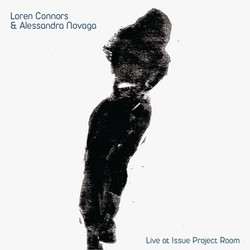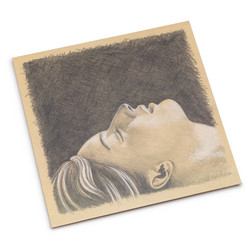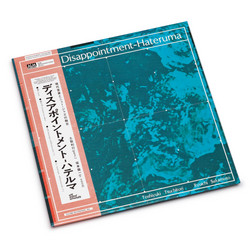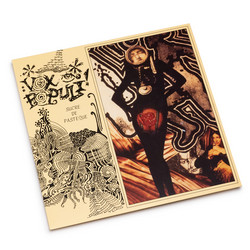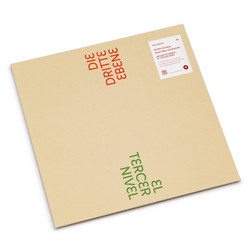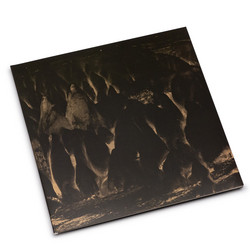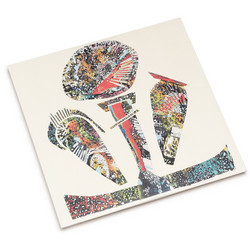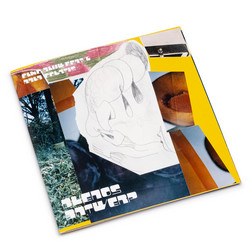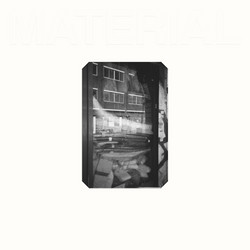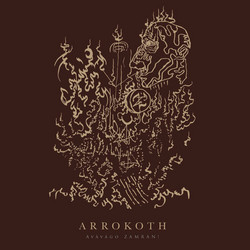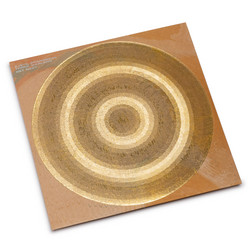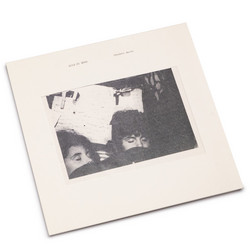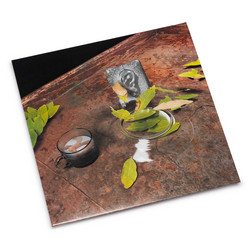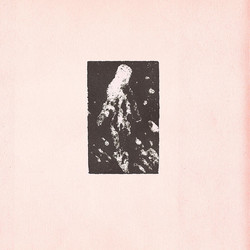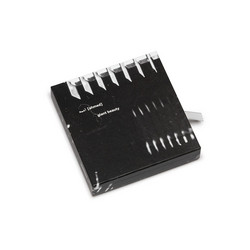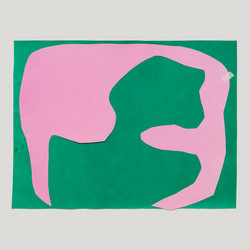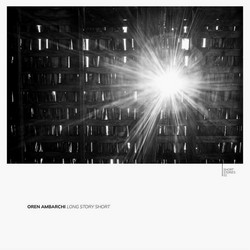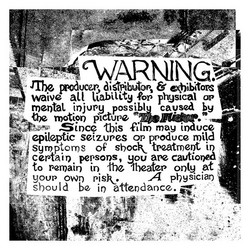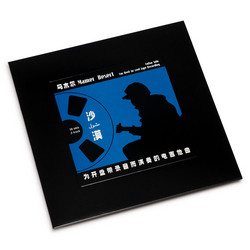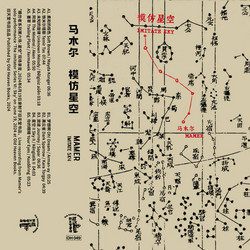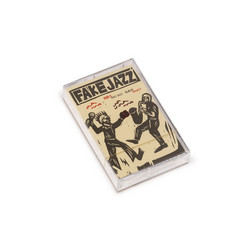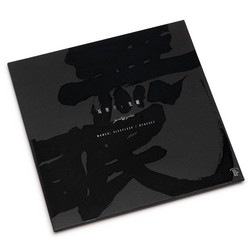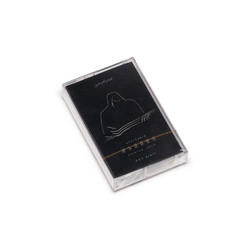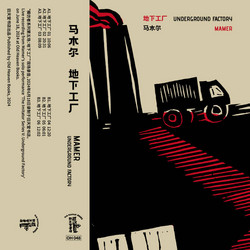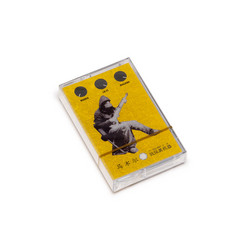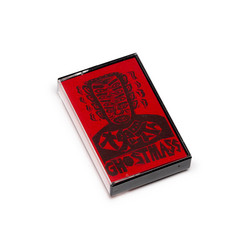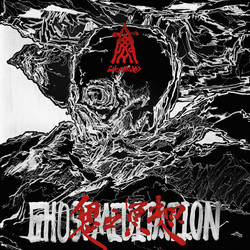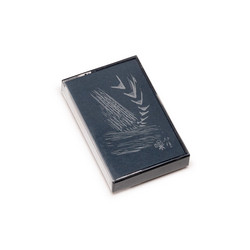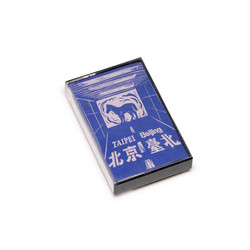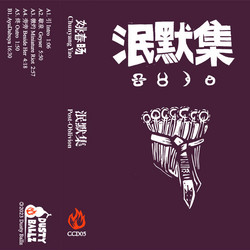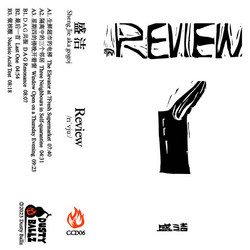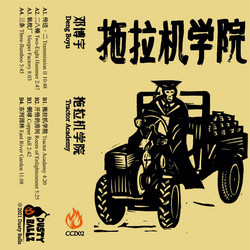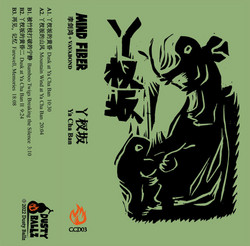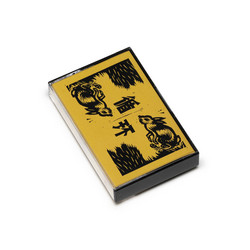*60 copies limited edition* In mid-December 2021, Mamer flew from Ürümqi to Shenzhen to play a few booked gigs. Afterwards, he decided to stay on for a marathon music residency at the Old Heaven bookstore. From Dec 13 to 27, Mamer performed 14 concerts in 15 days, unreservedly presenting his vast creative world to a small but dedicated audience, who followed him throughout this journey. These performances were announced on each day with a theme decided often last minute, free admission offered. They were intended to be intimate and spontaneous, or in Mamer’s own word, “rehearsals”.
Most of these “rehearsals” were sonically challenging, to say the very least. Years had passed since Peter Gabriel’s Real World Records released the album Eagle, which Mamer is still best known for in the Western world. Yet, among the listeners who followed him through the most recent decade, even the most nostalgic ones had come to the realisation that Mamer had left his “world music” identity long behind. The performances at Old Heaven showcased Mamer’s dialogues with a wild range of eccentric musical traditions, including industrial rock, heavy psychedelia, sample-based electronics, drone, and harsh noise. The Kazakh folk tradition, which predominantly defined the early works of Mamer and his band Iz, was most of the time barely discernible.
On the fifth night, however, the audience found Mamer sitting alone with a nylon string guitar, delivering what would become one of his quietest public performances of the past decade. The night started gently with a reinterpretation of “Love”, a 90s ballad by Kazakhstani rock group Roksonaki, and it went on placidly, releasing into the air melodies from both folk songs and pieces originally composed for traditional Kazakh instruments. The setlist spans across centuries. Among others, it includes a dombra kui written by Ashim Dungshiuly, early 20th century master from Ili, and an ancient piece for sıbızğı (a sideblown flute) believed to be composed by Korkut Ata, the great hero in Turkic mythology. For Mamer, this is a songbook of memories. These tunes were once heard repeatedly on the radio during his youthful days in Xinjiang, and they all came back to him on this quiet winter night. The nylon guitar calmly inhaled in his hands, breathing out cold, whirling melodic currents, trailing around and round through personal and collective histories.
In Kazakh language, “awlaⱪ” is a root word that denotes the state of being “off”, signifying an existence from afar and away. The word “awlaⱪta”, which Mamer uses to title one of his original compositions performed that night, literally means “outside” or “elsewhere”. In a more subtle sense, “awlaⱪta” implies a condition of sustained liminality, a voluntary exile of being a stranger in a strange land. This condition is one that has to do with the will to departure, the longing for a different place, and an utter resistance to the ease of belonging. For Mamer, it serves duly as an artist statement, but that night, the solitary drifter re-encountered home.
Still Mamer refused to go gentle into the good night. After the last song, he grabbed an unused guitar pickup from the ground, and pressed it to his throat. With intense pitch shifting on the effect pedals, he summoned a long, ghostly howl, piercing through the tranquillity in the atmosphere. Amid resounding echoes, Mamer walked off the stage, on towards the next night.

